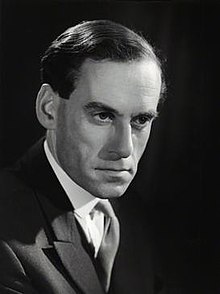Jeremy Thorpe
|
The Right Honourable Jeremy Thorpe |
|
|---|---|

Thorpe, photographed in 1965
|
|
| Leader of the Liberal Party | |
|
In office 18 January 1967 – 10 May 1976 |
|
| Preceded by | Jo Grimond |
| Succeeded by | David Steel |
|
Member of Parliament for North Devon |
|
|
In office 8 October 1959 – 3 May 1979 |
|
| Preceded by | James Lindsay |
| Succeeded by | Antony Speller |
| Personal details | |
| Born |
John Jeremy Thorpe 29 April 1929 London |
| Died | 4 December 2014 (aged 85) London |
| Political party |
|
| Spouse(s) |
|
| Relations |
|
| Alma mater | Trinity College, Oxford |
John Jeremy Thorpe, PC (29 April 1929 – 4 December 2014) was a British politician who served as Member of Parliament for North Devon from 1959 to 1979, and as leader of the Liberal Party between 1967 and 1976. In May 1979 he was tried at the Old Bailey on charges of conspiracy and incitement to murder, based on his earlier relationship with Norman Scott, a former model. Thorpe was acquitted on all charges, but the case, and the furore surrounding it, ended his political career.
Thorpe was the son and grandson of Conservative MPs, but decided to align with the small and ailing Liberal Party. After studying at Oxford University he became one of the Liberals' brightest stars in the 1950s. He entered parliament at the age of 30, made a rapid mark, and was elected party leader in 1967. After an uncertain start during which the party lost ground, Thorpe capitalised on the growing unpopularity of the Conservative and Labour parties to lead the Liberals through a period of notable electoral success. This culminated in the general election of February 1974, when the party won 6 million votes. Under the first-past-the-post electoral system this gave them only 14 seats, but with neither of the main parties attaining a majority ("Hung parliament"), Thorpe was in a strong position. He was offered a cabinet post by the Conservative prime minister, Edward Heath, if he would bring the Liberals into a coalition. His price for such a deal, reform of the electoral system, was rejected by Heath, who resigned in favour of a minority Labour government.
...
Wikipedia
